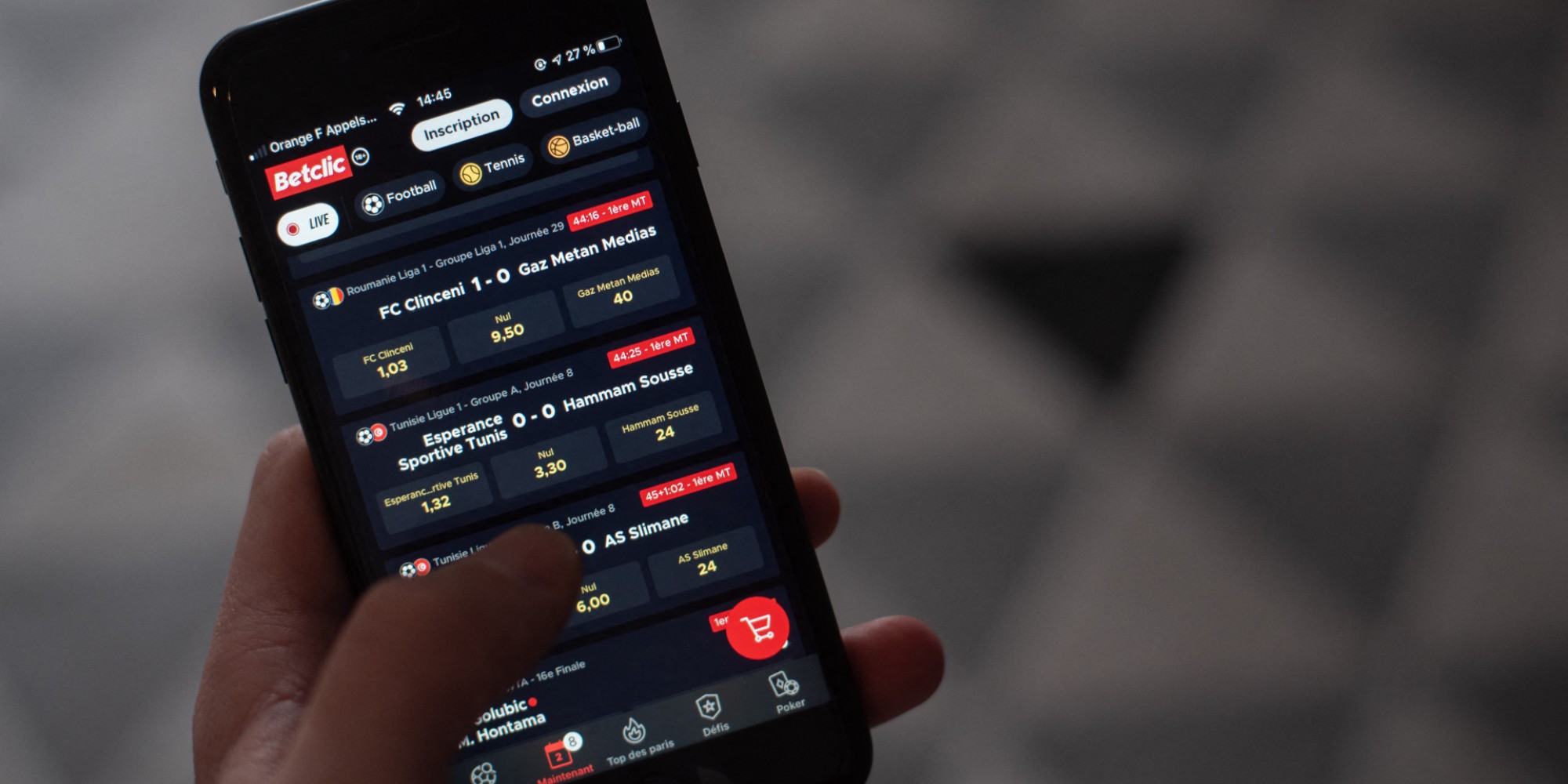Europe 1 with AFP 3:31 p.m., December 24, 2022
The 2022 World Cup will have attracted sports bettors.
During this event, 615 million euros were bet online, a higher amount than expected.
For comparison, 366 million had been bet in total for the competition in 2018 and 420 million for the Euro in 2021, according to the gendarme of the sector.
Never seen.
Some 615 million euros were bet online during the 2022 Football World Cup, a higher amount than expected, the National Gaming Authority (ANJ) told AFP on Saturday.
The France-Argentina final alone generated 55 million bets, compared to 37.5 million for France-Croatia in 2018, said the ANJ, confirming figures published in Les Echos, which add that 30 million were bet during of the France-Morocco semi-final.
By way of comparison, 366 million had been bet in total for the competition in 2018 and 420 million for the Euro in 2021, according to the policeman of the sector, who will publish in January a more complete assessment of the figures and behavior of the bettors.
>> READ ALSO -
Football: despite the defeat in the final, the Blues jersey is selling like hotcakes
Sports betting companies, "other winners" of the World Cup
The ANJ had initially anticipated at least 530 million euros of bets on the internet in France during the Football World Cup, an increase of 70% compared to the 2018 World Cup. But the amount was likely to vary depending on the progress of the French team in the competition.
This report will also include a section on the operators' advertising campaigns (content, volume and levers used).
Monday, December 19, the association Addictions France denounced the "questionable marketing techniques" of sports betting and alcohol companies, "the other winners" of the Mondial-2022 according to it.
"Pervasive in public places and on the internet", operators of online betting sites and alcoholics "encourage unhealthy practices while clearly associating football with alcohol consumption and gambling", the association wrote in a statement.
Before the World Cup, companies in the gambling and media sectors had committed to more "responsible" advertising, in particular by limiting advertising pressure for minors.

